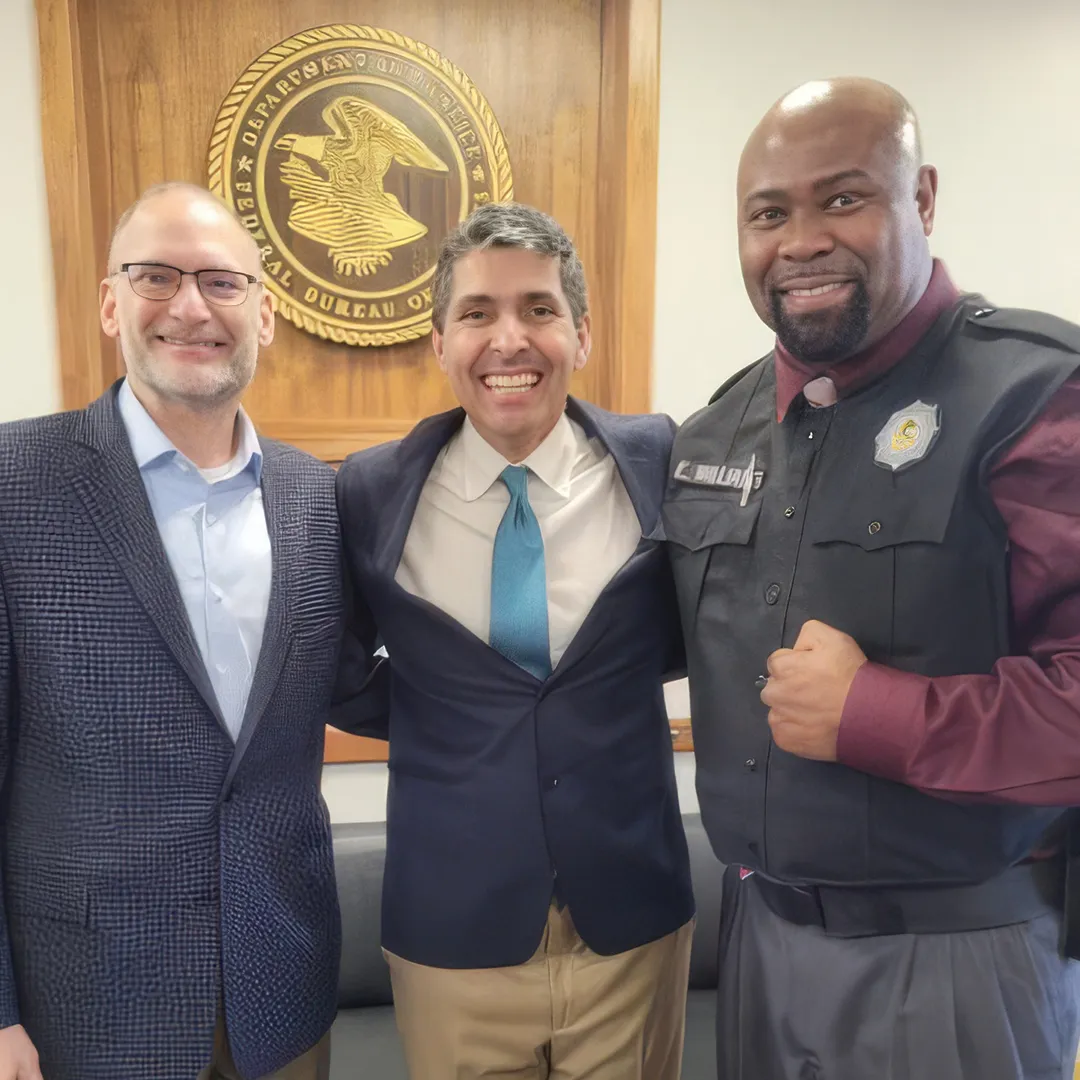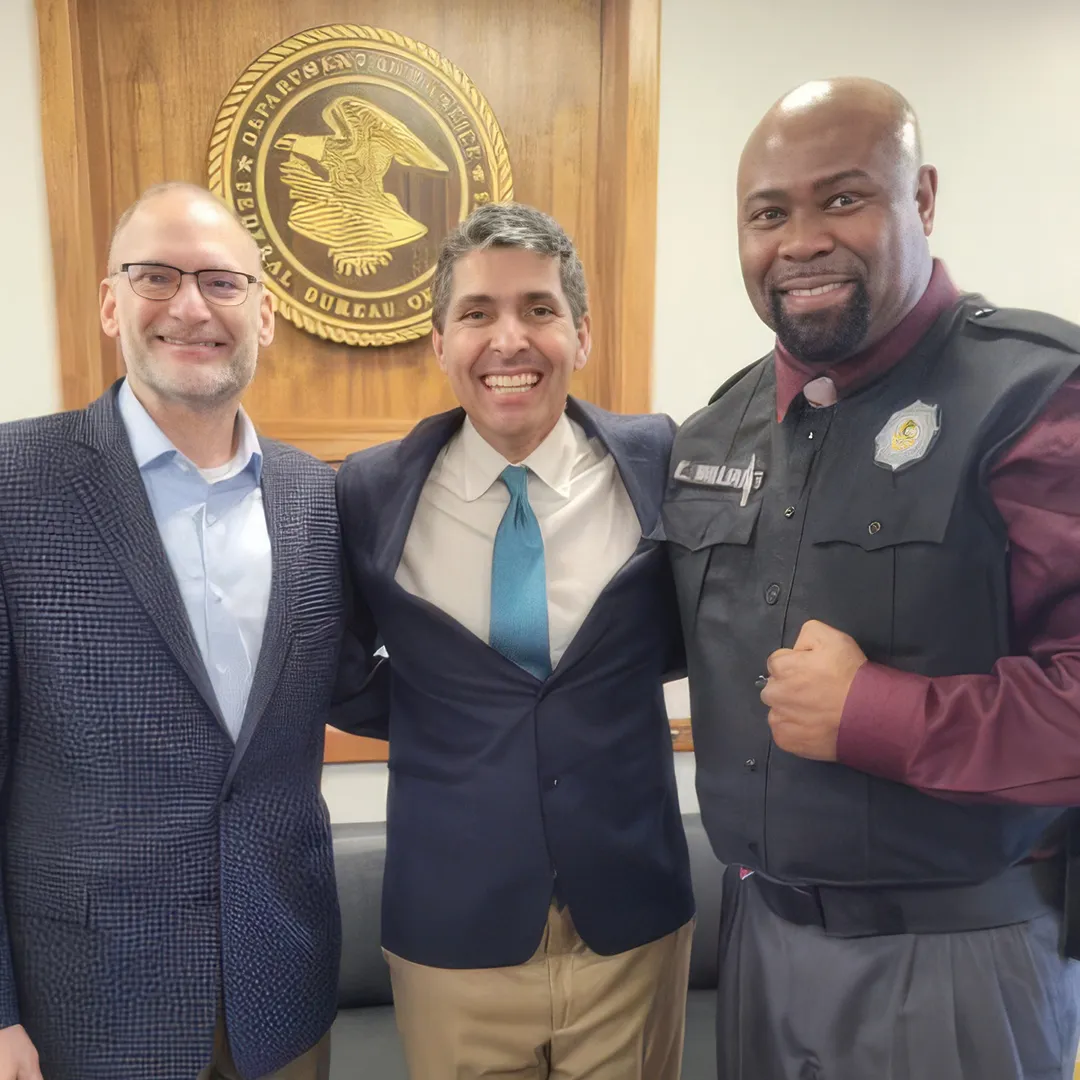
I had the privilege of visiting the federal prison in Springfield, Missouri, accompanied by Hugh Hurwitz, who once served as the Acting Director of the Bureau of Prisons. Traveling with Hugh underscored the importance of building strong collaborations with leaders committed to shaping a more effective prison system.
At Springfield, I reconnected with Warden Eric Williams—a charismatic and thoughtful leader I first met when he presided over the prison in Greenville, Illinois. When Warden Williams transferred to Springfield, he extended an invitation for me to make a presentation there, which I deeply appreciated.
Questioning “Prison Wisdom”
As I frequently do during presentations, I asked the men and women in the audience whether they had ever heard the same dubious wisdom I encountered while serving time: “Forget about the world outside. Just focus on doing your time inside.”
Nearly every hand in the room went up.
That moment illustrates the fundamental problem with prisons. Too often, people inside are trained to behave in ways that might work in prison but fail in society. If we want better outcomes, we need to shift the culture. We need to create incentives that help people focus on preparing for success outside, rather than merely surviving inside.
Defining “Extraordinary and Compelling”
This is why I continue to advocate for change—especially around how we define the phrase “extraordinary and compelling.” Judges and policymakers often use those words in the context of compassionate release or sentence modification. Yet no one seems able to define them with clarity. What we can all recognize, however, is the failure we expect when people leave prison without preparation.
If failure is predictable, then success must be made measurable. That’s where our work comes in.
Building Profiles, Creating Reform
When I visit prisons, I challenge staff members to recognize the influence they have in creating the change they want to see. At the same time, I challenge people serving long sentences to recognize their role in rewriting the narrative.
I urge them to build profiles on PrisonProfessors.org, documenting the habits, skills, and preparation that make them extraordinary and compelling. Through biographies, journals, book reports, and release plans, individuals can show the daily decisions that separate preparation from passivity.
When those profiles accumulate, they do more than inspire the people inside—they provide evidence we can use to advocate for reforms. They strengthen the case for work release programs, expanded earned-time credits, and new pathways to liberty.
Gratitude
I left Springfield grateful to Warden Williams for welcoming me, and to Hugh Hurwitz for his partnership in this visit. Together, we reinforced a message of hope: prison doesn’t have to break people. With preparation, transparency, and accountability, prison can build people into the leaders of their own lives.
That’s what it means to live as if you are the CEO of your life—and that is the movement we’re advancing, one prison visit at a time.

